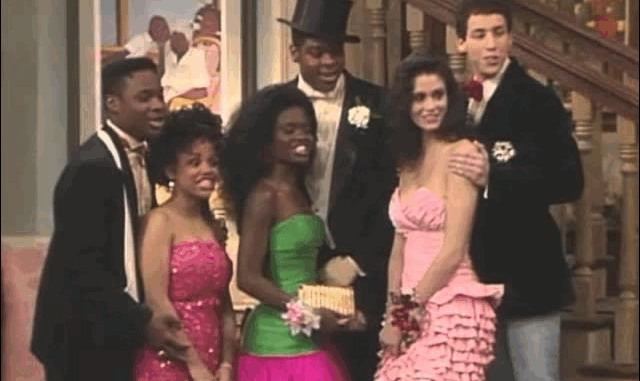
For nearly a decade, The Cosby Show was not just a television hit — it was a beacon of representation, progress, and possibility. But decades after its 1984 debut, the series faces a reckoning that has shifted public perception from celebration to controversy.
The Cosby Show told the story of the Huxtables — an affluent African-American family living in Brooklyn, defying prevailing television stereotypes and inspiring a generation. At the heart of it was Bill Cosby, whose performance as the wise and funny Dr. Cliff Huxtable turned him into “America’s Dad.” But in the wake of dozens of sexual assault allegations and his 2018 conviction (later overturned), Cosby’s legacy — and by extension, the show’s — has been forever altered.
Today, The Cosby Show lives in an ethical gray zone. For many, it remains a formative part of childhood, a rare positive portrayal of Black family life in an era when diversity was scarce on screen. Yet for others, the knowledge of Cosby’s alleged crimes makes revisiting the series feel tainted — even painful.
Networks pulled reruns. Awards and honorary degrees were rescinded. Cultural commentators began to ask: Can art be separated from the artist? And more specifically, should The Cosby Show be celebrated when its creator is accused of harming so many?
This debate has no simple answer. Some argue that erasing the show also erases the hard work and achievements of the rest of the cast and crew — especially Phylicia Rashad, Malcolm-Jamal Warner, Lisa Bonet, and others, whose careers and contributions deserve recognition. Others insist that ignoring the context of Cosby’s actions is a form of moral erasure.
What remains clear is that The Cosby Show changed television — but it also forces us to confront the limits of nostalgia. It reminds us that cultural icons are not infallible, and that admiration must sometimes give way to accountability.
As conversations around media, morality, and responsibility evolve, The Cosby Show stands as both a symbol of progress and a case study in the complexities of legacy.
